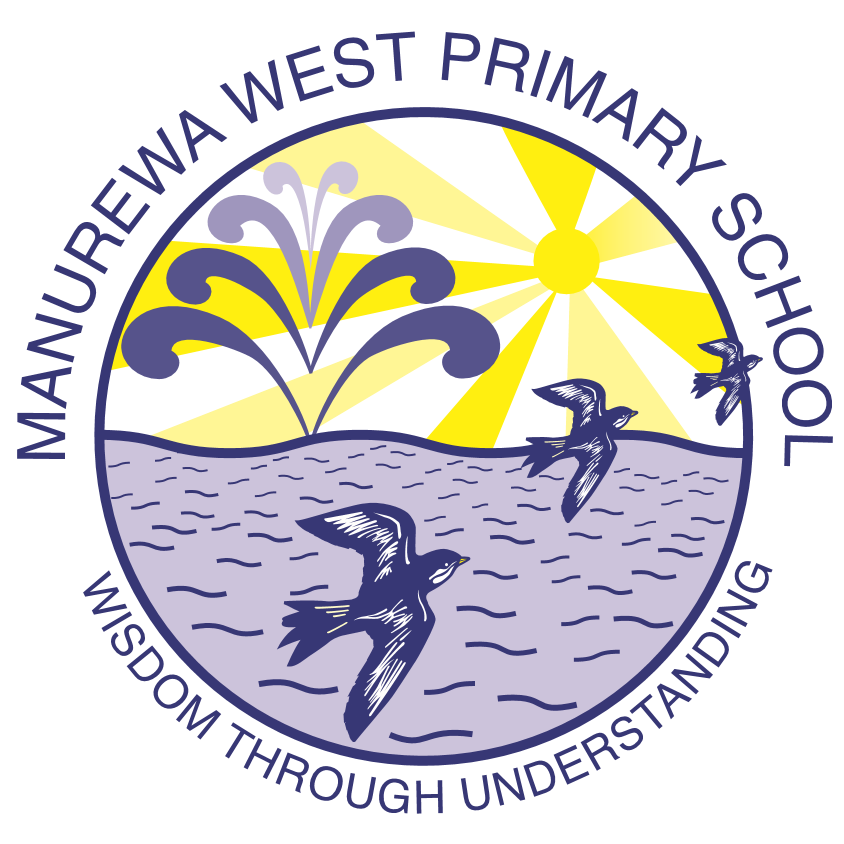Ko te reo te tuakiri, Ko te reo tōku ahurei, Ko te reote ora
Language is my identity, Language is my uniqueness, Language is life
In the English learning area, ākonga study, use, and enjoy language and literature, communicated orally, visually, and in writing, for a range of purposes and audiences, and in a variety of text forms. Learning about language and literature from Aotearoa and around the world enables ākonga to build literacy, walk in different worlds, access the thoughts and perspectives of others, and make linguistic and cultural connections. Engaging with mātauranga Māori through the creation and interpretation of texts provides opportunities to strengthen knowledge and understanding of te ao Māori and Māori perspectives, and to play a part in shaping a bicultural Aotearoa.
Why study Literacy and Language?
The English learning area opens up pathways that enable all ākonga to make the most of their life opportunities and to enhance their employability, by becoming effective oral, written, and visual communicators with the capacity to think critically and in depth. Learning literacy in the context of language and literature is a key component of English, complementing the disciplinary literacies ākonga develop in other learning areas in order to navigate knowledge. As they apply the tools of the English learning area and make links through stories, ākonga are able to connect with experiences and issues of global significance. They use their insights to advocate articulately and persuasively for equity and sustainability and to contribute to resolving collective global challenges.
Literacy and Language at MWPS
MWPS teachers have been trained in Structured Literacy which is an evidence-based approach that is grounded in the latest science of learning. We teach using decodable texts that focus on reinforcing specific skills before moving on to authentic texts and a deeper focus on comprehension strategies. Literacy learning at MWPS includes the following key elements:
Systematic: Our workshops follow a carefully planned sequence of instruction across our kura. It starts with the simplest concepts and gradually builds in complexity. This planned learning journey creates a solid spelling foundation for your child.
Explicit: This means that our fabulous teachers teach! MWPS teachers learn together, we practice together, and together we know our stuff. We don’t ask learners to guess what they don’t know. We clearly and deliberately teach the rules and relationships between letters and sounds. Students are taught to decode words by breaking them down into their sounds and then blending those sounds together.
Multisensory: We learn by using our brain, our eyes, our ears and moving our bodies, this creates pathways that reinforce learning. Students will use techniques like finger spelling, syllable chest taps as well as resources like sound packs and other hands-on activities.
Cumulative: In every lesson we go back over a previously learned concept before we add on our new learning. We know that practice makes permanent, so we practice a lot.
Diagnostic: By teaching in this way, teachers can notice students’ developing skills as they teach and identify areas of strength and weakness. This allows for targeted follow-up instruction and intervention to address individual needs.
Individualised: Each lesson is adapted to meet the specific needs of each learner. Teachers can provide additional support and practice for students who require it and accelerate the learning for those who progress more quickly.
Language-Based: Structured literacy instruction focuses on understanding language as a system with consistent rules and patterns. This helps students not only read and write words but also comprehend and use language effectively.
